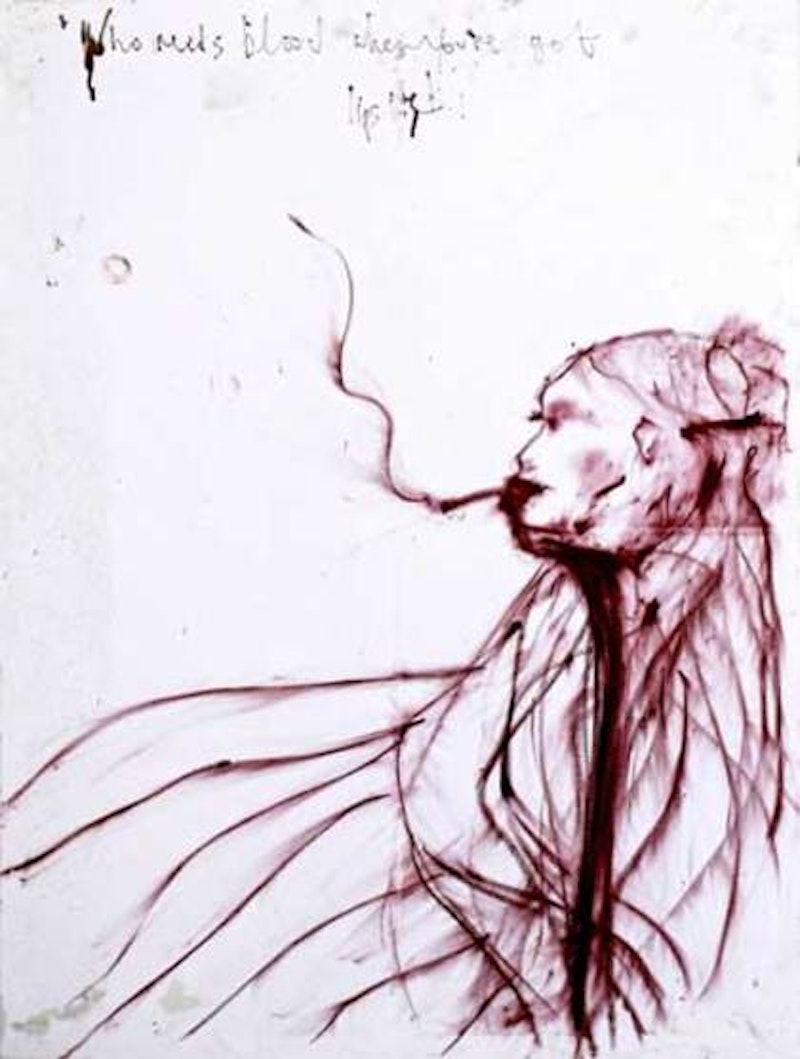This author suggests that since colossally mainstream artists—actually, just Banksy—didn't sell well this time around, the art world is dematerializing.
To the gathered dealers, there was no longer any scope for optimism. The sale, or lack of sales, was incontrovertible proof that the money-spinning contemporary art market has collapsed into what one shocked expert called "a bloodbath".
Could it be the economy? Or could it be th fact that Banksy's celebrity is its own monster?:
Many of yesterday's lots were withdrawn after failing to reach their reserve. Collectors who recently paid six-figure sums for Banksy's subversive and cheeky stencilled works will also be nervously looking over their shoulders after experts claimed his poor showing yesterday meant the bottom had fallen out of his market. 'Fungle Junk', a mural painted on the side of a van at the Lizard Festival in Cornwall in 1999, was expected to make £150,000 but was withdrawn when less than half that price was bid. The artist's refusal to authenticate the work – despite there being no doubt about its provenance – was probably to blame, Lyon & Turnbull's spokesman Philip Gregory said.
But instead of reflecting on Banksy's fuck-you to people who respect his art (at least to some degree), Gregory goes on to blame the economy—the same economy that netted Damian Hirst £111 million at Sotheby's.
I'm not really going after the Banksys and Hirsts; they, like Wall St. executives, know the system in which they play and make the most of it. But this all-hell-is-breaking loose talk is just not necessary or even correct. There will be plenty of ripples (and hells to pay) created by the eventual outcome of our economic crisis; the vicissitudes of this kind of art—the art of the immensely wealthy and equally trend-driven sort—is not one of them.

